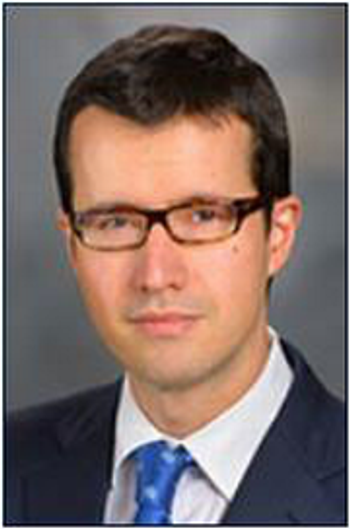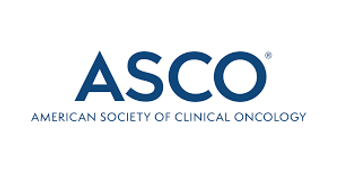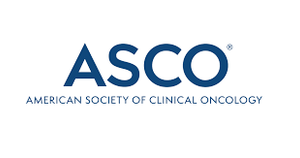
Gene therapies can be life-changing for people, but the high cost plus the burden of treatment remain barriers to access and utilization, explained Kevin Niehoff, PharmD, BCMAS, of IPD Analytics.

Gene therapies can be life-changing for people, but the high cost plus the burden of treatment remain barriers to access and utilization, explained Kevin Niehoff, PharmD, BCMAS, of IPD Analytics.

The US could start catching up to Europe on biosimilars if the FDA removed the need for switching studies to be granted interchangeability.

As a result of vertical integration, health plans may have 2 different coverage policies on the medical benefit side and the pharmacy benefit side for the same drug.

Because sickle cell disease isn’t as progressive a disease as others that have gene therapies available, there isn’t as much urgency to start on these expensive therapies, said Kevin Niehoff, PharmD, BCMAS, associate director, Market and Financial Insights, IPD Analytics.

Legal expert in health care, partner, and cochair of the health care coverage and reimbursement practice at Foley Hoag LLP, Ross Margulies discusses his excitement and expectations as a featured speaker at the upcoming 2024 AMCP Annual Conference.

Many gene therapies promise life-changing effects, but without long-term data it remains to be seen how long the benefits last.


Four studies were highlighted that amplified the 3 components of using genetic testing in cancer treatment and prevention: (1) understanding the germline component of a tumor test, (2) broadening access to genetic counselors with video sessions, and (3) making sure risk assessment of each patient is accurate, so that patients do not have unnecessary surgeries.

The talk by Ned Sharpless, MD, director of the National Cancer Institute, preceded presentations on some of the earliest findings about the effects of COVID-19 on cancer: It appears that patients treated with chemotherapy for lung or thoracic cancer shortly before being diagnosed with COVID-19 face a higher risk of death, and so do patients with cancer who take the combination of hydroxychloroquine (HCQ) and azithromycin.

The benefit was especially pronounced for Hispanics, the researchers reported.

Results of a study comparing apixaban with low-molecular-weight heparin as a treatment to prevent recurrent blood clots in patients with cancer may assuage some of the concern about the bleeding risk associated with direct-acting oral anticoagulants.

Published: April 10th 2023 | Updated:

Published: May 14th 2020 | Updated:

Published: March 29th 2020 | Updated:

Published: July 19th 2020 | Updated:

Published: July 22nd 2020 | Updated:

259 Prospect Plains Rd, Bldg H
Cranbury, NJ 08512
© 2025 MJH Life Sciences®
All rights reserved.
